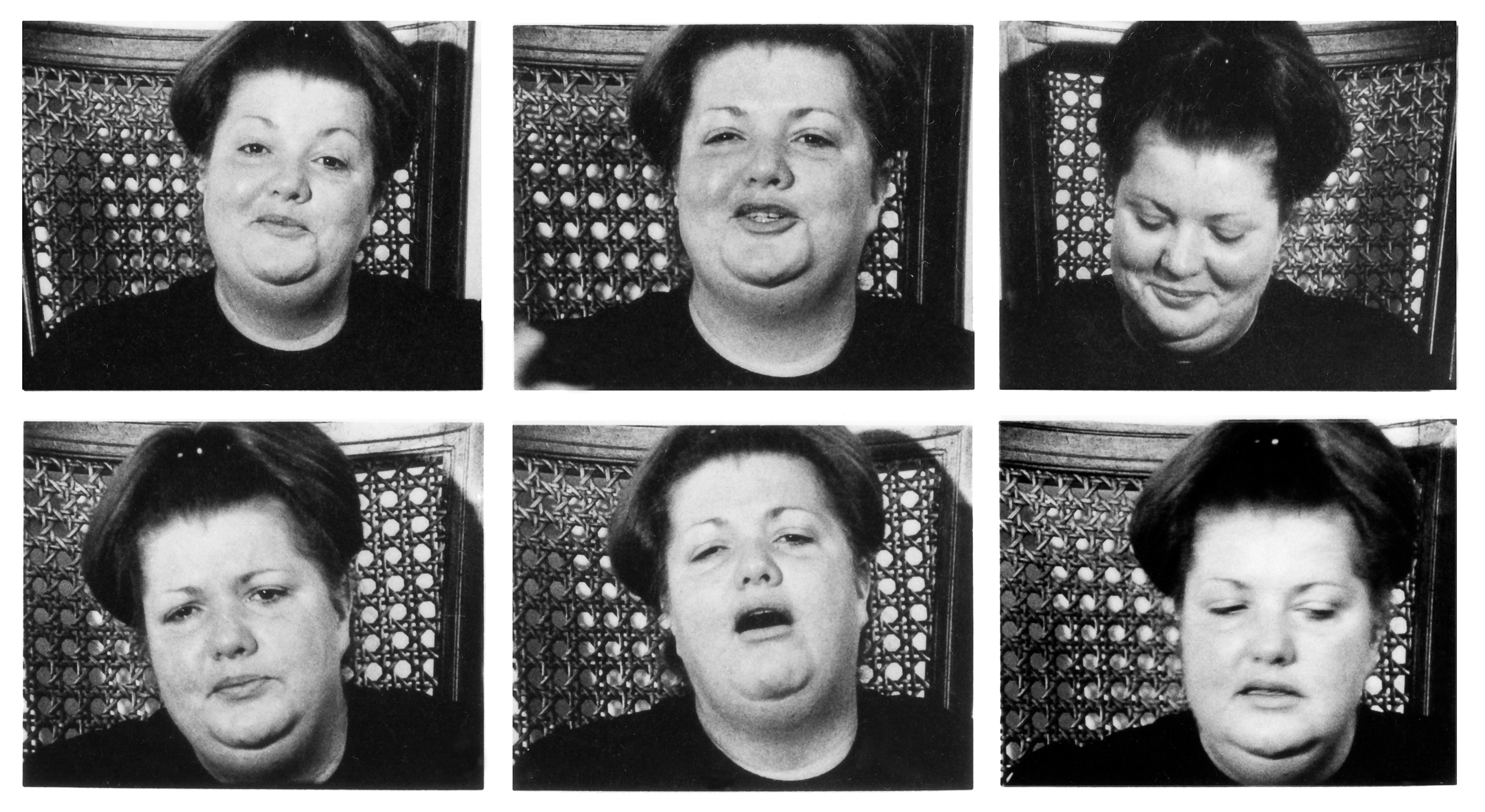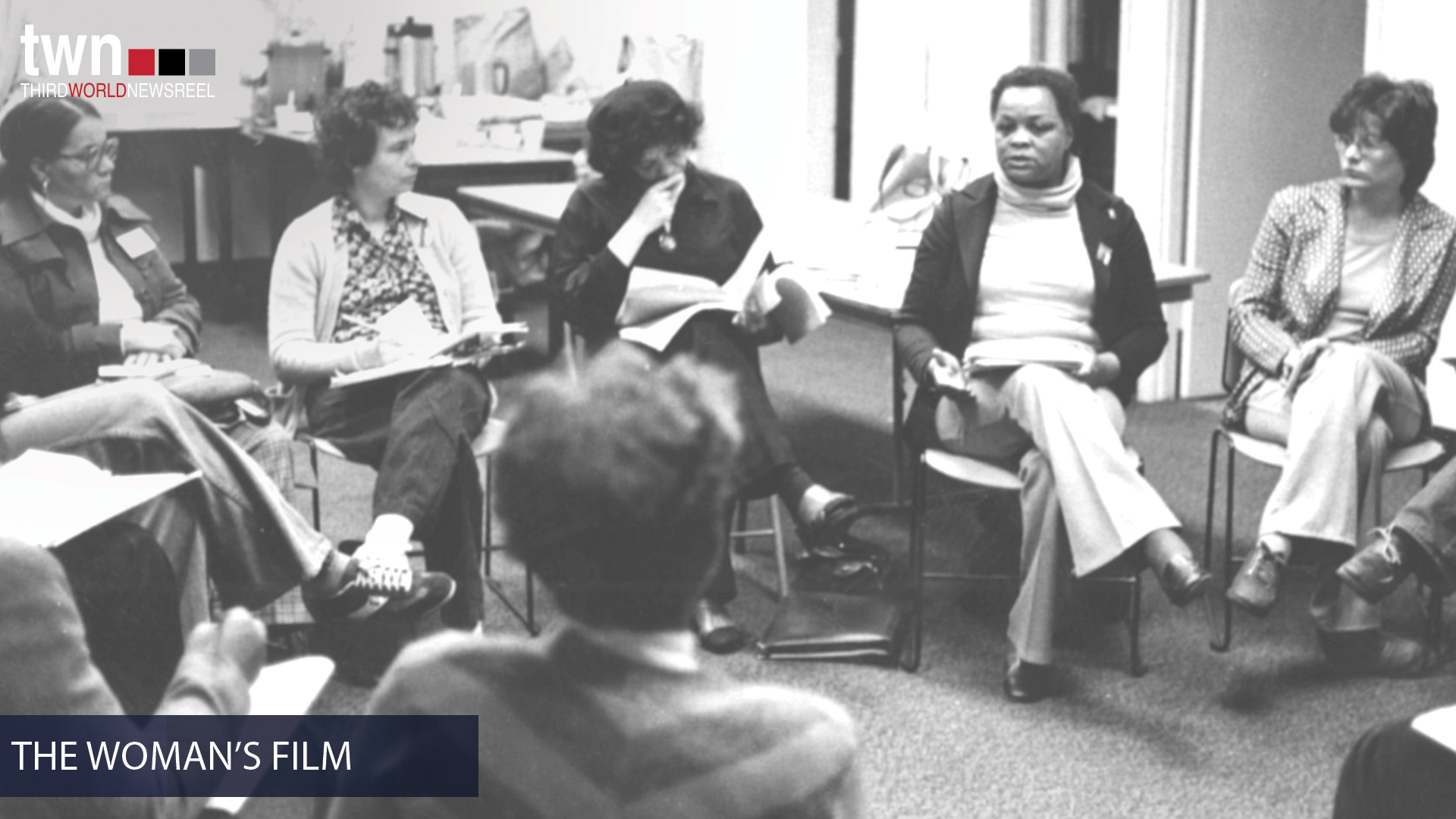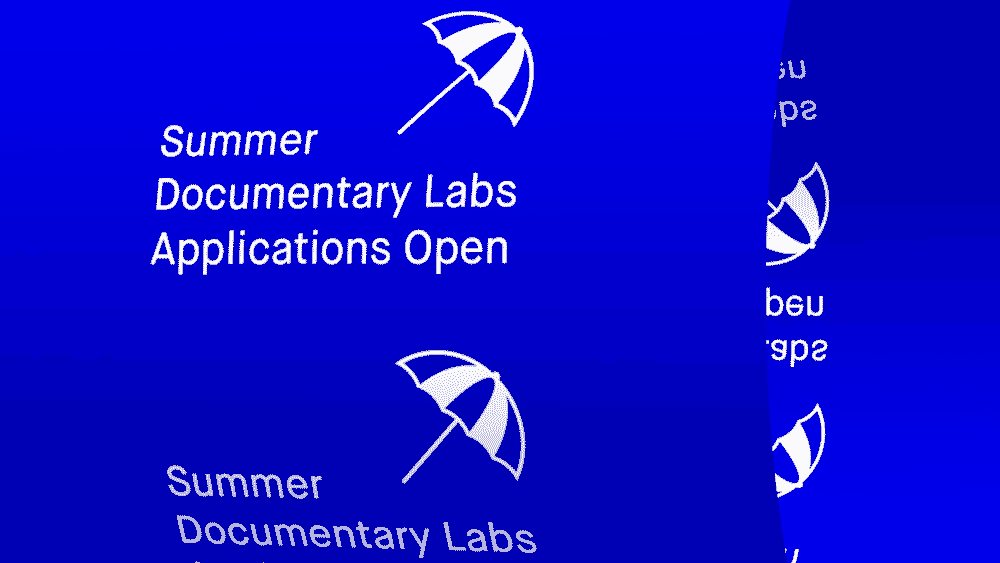Next in our co-presentation with the Women’s Film Preservation Fund (WFPF) and New York Women in Film & Television (NYWIFT), From the Vault: Women’s Advocacy on Film, is a triple feature of unique, trailblazing short form documentaries that examine gender and identity in the ’70s. The first two films of this program, Liane Brandon’s Betty Tells Her Story and Marguerite Paris’ All Women Are Equal are two significant documentary portraits; the former is considered the first independent film of the women’s movement to explore how clothing and appearance affect a woman’s identity, while the latter is an early representation of transsexuality that does not make the mistake of exploiting its subject. These two films will be followed by The Woman’s Film — made entirely by women from San Francisco Newsreel — which tracks the origins of the modern women’s movement in the United States.

- This event has passed.
Apr 22, 2018 at 6:30 pm
Reexamine, Reclaim, Redefine: The Woman’s Film
Screening to be followed by a discussion with Liane Brandon, Jim Hubbard, Judy Smith, and Louise Alaimo, moderated by Siona Wilson
Program
Betty Tells Her Story
Liane Brandon, 20 min., 1972
Betty Tells Her Story is the poignant tale of beauty, identity and a dress – and is considered a classic of documentary filmmaking. It was the first independent film of the women’s movement to explore the issues of body image, self-worth, and beauty in American society. It is the saga of Betty’s search for “the perfect dress”- how she found just the right one, felt absolutely transformed, and… never got to wear it. Then Betty tells her story again. This time, her feelings emerge and the story is strikingly different. The contrast between the two stories is haunting.
Made in 1972, Betty Tells Her Story has won many awards, was a nominated for the National Film Registry, and was recently restored with a grant from the Women’s Film Preservation Fund.
All Women Are Equal
Marguerite Paris, 15 min., 1972
All Women Are Equal is a black and white 15- minute documentary filmed in Nottingham England in 1972, about Paula, a male to female transsexual made by veteran lesbian filmmaker Marguerite Paris (1934-2007). This very early and non-exploitative representation of an ordinary well- adjusted transgendered person is historically significant for its treatment of the subject. While other films may have depicted drag queens and other performers (such as Frank Simon’s 1968 feature The Queen), they were not made by a women. Also unique is that Paris produced, directed, shot and edited this film, which, unlike there other representations, allows the individual to tell her own personal story, without resorting to spectacle or focusing on performativity. Through Paris’s lens, see Paula fixing her make up and discussing the difficulty of living as a woman and meeting other trans people. The discussion is remarkably detailed and offers incredible insights into both the time and Paul’s individual psyche. The film was shot on East German 16mm B&W reversal film stock, and edited with cement splices. The sound was recorded on 1/4″ reel to reel tape, then transferred to mag stock, and finally united with the edited reversal original, which had been mag striped.
The Woman’s Film
Louise Alaimo, Judy Smith & Ellen Sorrin, 40 min., 1971
A valuable historical document of the origins of the modern women’s movement in the U.S. The film delves into the lives of ordinary women from different races, educational levels and class Filmed mostly in small consciousness-raising groups, from which the women’s movement grew, the women talk about the daily realities of their lives as wives, home-makers, and workers. They speak, sometimes with hesitancy, often with passion, about the oppression of women as they see it.
75 min
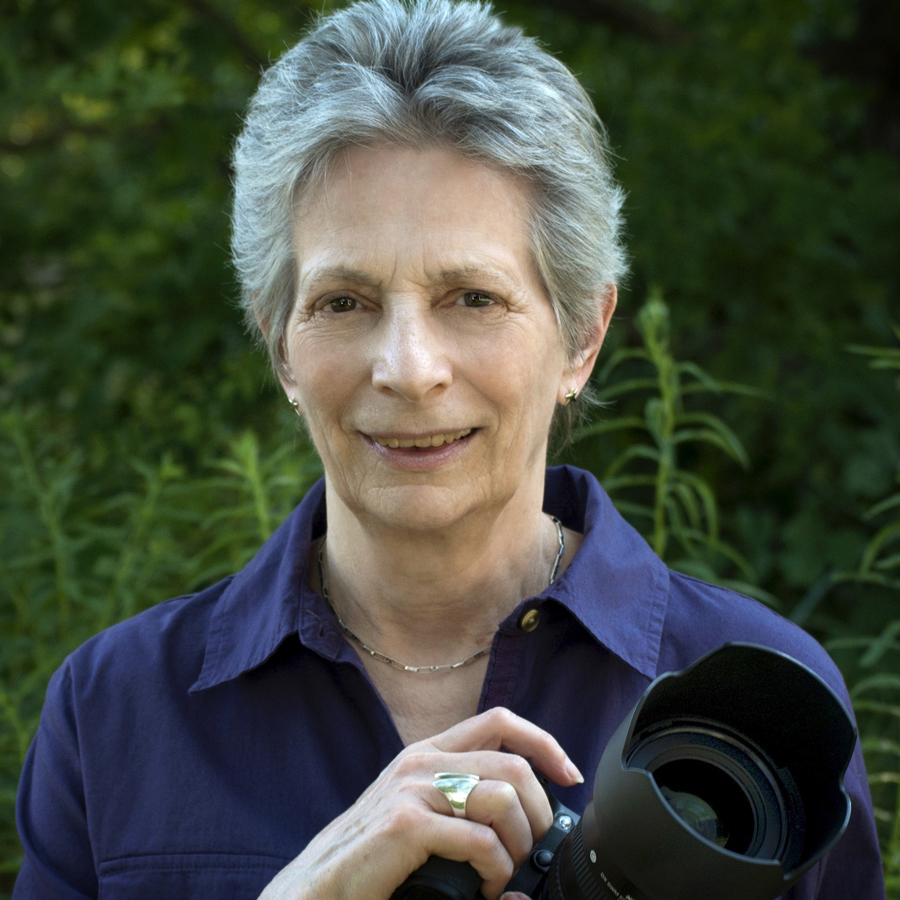
Liane Brandon is an award winning independent filmmaker, photographer and University of
Massachusetts/Amherst Professor Emerita. She was one of the first independent women filmmakers to emerge from the Women’s Movement. She is a co-founder of New Day Films, the nationally known cooperative that pioneered in the distribution of feminist/social issue films and videos.
Her classic films include Anything You Want To Be, Betty Tells Her Story, Once Upon A Choice, and How To Prevent A Nuclear War. They have won numerous awards and have been featured on HBO, TLC, USA Cable and Cinemax. They have also been presented at the Museum of Modern Art, the Boston Museum of Fine Arts, and other venues. Betty Tells Her Story was nominated for inclusion in the National Film Registry and Anything You Want To Be was featured at the Tribeca Film Festival.
Her photography credits include production stills for the PBS series American Experience, Nova, American Masters and the upcoming American Masters bio of Edgar Allan Poe. Her photos have been published in The New York Times, the Los Angeles Times, the Boston Globe and many other publications.
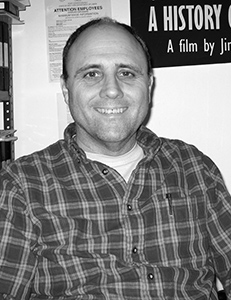
Jim Hubbard has been making experimental films that explore lesbian and gay activism and community-building since the mid-1970s. In 1987, he co-founded MIX NYC, the New York Lesbian and Gay Experimental Film Festival with the writer and activist Sarah Schulman, and in 2012 he directed and co-produced the documentary United in Anger: A History of ACT UP (2012). Hubbard and Schulman also coordinate the ACT UP Oral History Project, a collection of interviews with surviving members of the AIDS Coalition to Unleash Power, New York.

Louise was born and raised in Brooklyn. She attended Brooklyn College for a couple of years, then after moving to San Francisco and finally Los Angeles she graduated from UCLA as a Film and Television major. Her connection to NEWSREEL goes back to it’s creation in New York, and continued in San Francisco, where she worked on LOS SIETE DE LA RAZA, and ultimately, THE WOMAN’S FILM, alongside Judy Smith and Ellen Sorrin. It was the first NEWSREEL film conceived and produced by women from the collective. Later in her career she worked as a script reader for American Zoetrope and United Artists. In 1982, she joined the nascent video industry, initially with Columbia Pictures, and eventually as senior marketing director for the Home Entertainment Division of New Line Cinema. Louise’s other production credits include indie films, DOUBLE BARRELED DETECTIVE STORY and UNRELATED, starring Tom Hiddleston.
Louise’ husband, Michael is an actor and director. They have two daughters, Gabriella and Giovanna, and two grand-daughters, Isabella and Malia. She lives in Los Angeles, where she continues to support and march for women’s rights.
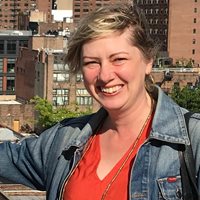
Professor Siona Wilson teaches at the College of Staten Island as well as the Graduate Center. Her research interests are grounded in issues of sexual difference, race and sexuality at the intersection of art and politics in the twentieth century. Author of Art Labor, Sex Politics: Feminist Effects in 1970s British Art and Performance (Minnesota, 2014), she has published on photography, experimental film, video, sound and performance art, in edited collections and journals, including Art History, October, Oxford Art Journal and Third Text. Her recent curatorial projects include I can’t breathe, at the Gallery of the College of Staten Island, featuring works in video and photography by Nona Faustine, Patricia Silva, Emma Wolukau-Wanambwa and Kara Walker with a timeline of images documenting the activist group, Staten Islanders Against Racism and Police Brutality (SIARPB). She also co-curated Sexing Sound: Aural Archives and Feminist Scores (with Valerie Tevere and Catherine Karl) at the James Gallery, New York. Professor Wilson’s new research relates to documentary, gender and state violence in a diverse range of geographic sites, including Algeria, Britain, “Kurdistan,” Iraq and Vietnam, focusing on episodes from the 1930s to the present. She is interested in supervising doctoral dissertations with a historical emphasis (pre-1990) in a broad range of artistic media.

Judy Smith lives in NYC and is a professor social work. She was a member of San Francisco Newsreel from 1969-1972 and a member of NY Newsreel for one year until 1973. She then became a social worker and eventually a professor at Fordham University. Parallel with her career in social work, she produced several educational films including: The Separation-Individuation Process (The work of Margaret S. Mahler); The Mother’s Center; Welfare-to- work through the eyes of mothers; Becoming a social worker; Becoming a social worker with older adults; Human behavior and the social environment and social systems theory: A video toolkit.
Presented With


